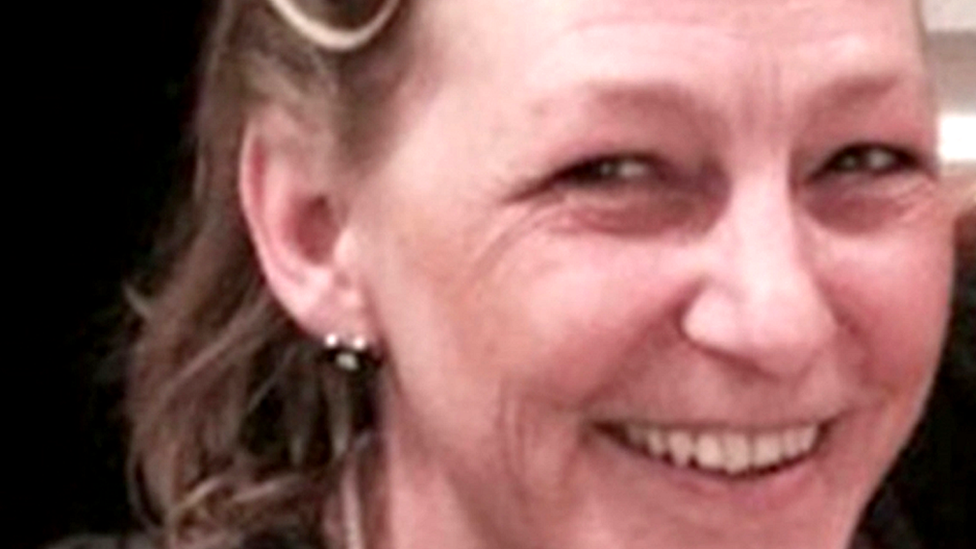Dawn Sturgess' family frustrated by delay of Novichok inquiry
- Published
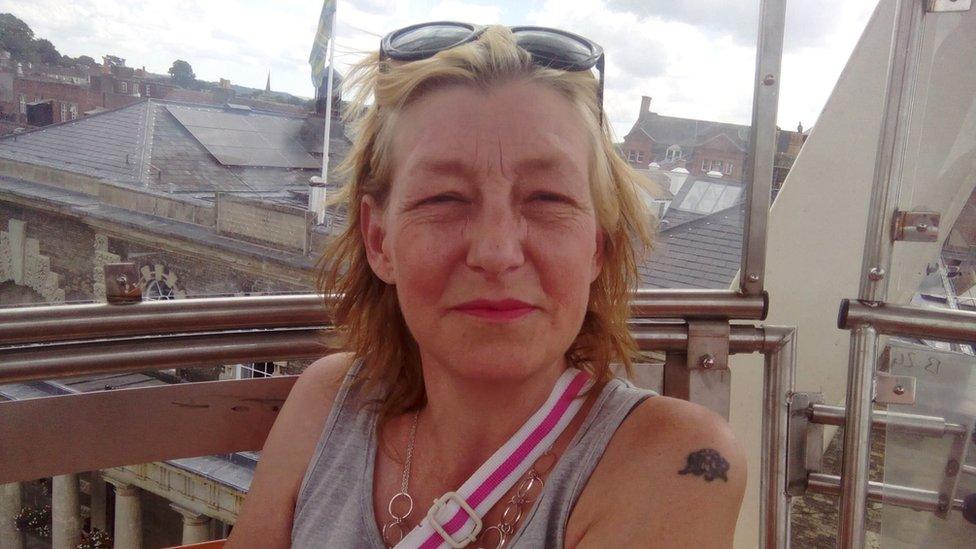
Dawn Sturgess died on 8 July 2018 after coming into contact with the nerve agent Novichok
Relatives of a woman killed in a suspected Russian poisoning said their "patience has worn extremely thin" after further delays in the inquiry.
Dawn Sturgess died after being exposed to nerve agent Novichok in a discarded perfume bottle in Amesbury, Wiltshire.
Officers identified three suspects who are also believed to be responsible for the Salisbury poisonings.
The family's lawyer said they have shown "understanding and patience" but it has now been four years.
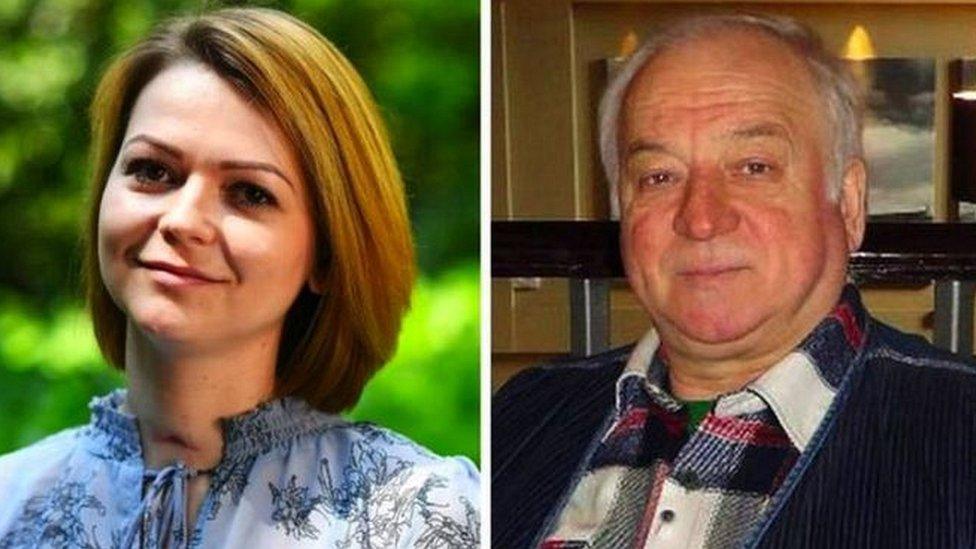
Sergei Skripal and his daughter Yulia survived the poisoning attempt
Michael Mansfield QC, for Ms Sturgess's family, said: "If this inquiry is going to satisfy the objectives - the search for truth as well as the protection of the public in the future - any more lapse of time will compromise those objectives."
The latest pre-inquiry review, held at the Royal Courts of Justice earlier, revealed continued delays in evidence being security cleared.
The QC said there was "no hope" for the substantial hearings to begin in early 2023.
Lawyers for the Government and police said there were "special sensitivities" which presented "significant challenges" to evidence being provided.
The identity and whereabouts of the suspects and the current political landscape were factors which had added to these challenges, the lawyers said.
Andrew O'Connor QC, counsel to the inquiry, said: "When we say these are exceptional difficulties and we are working as hard as we can to get around them, that is not a platitude - it represents hard work on all sides."
Several individuals involved in the investigation are expected to seek anonymity for their own protection.

Novichok was found on the handle of the front door at the home the Skripals were living in
Ms Sturgess died on 8 July 2018 and the inquiry hearings are expected to be held in Salisbury and London.
She and her partner Charlie Rowley came into contact with Novichok through the discarded bottle, which, it is believed, was used by members of a Russian military intelligence unit in an assassination attempt against former spy Sergei Skripal.
The substance was smeared on Mr Skripal's door handle on 4 March 2018, at his home in Salisbury, eight miles from Amesbury.
The Metropolitan Police identified three suspects wanted in connection with the poisonings: Denis Sergeev, Alexander Mishkin and Anatoliy Chepiga, who used the aliases Sergey Fedotov, Alexander Petrov and Ruslan Boshirov respectively while in the UK.
All three have been charged in their absence.
Two of the suspects, Petrov and Boshirov, told Russian state media they were only tourists who briefly visited Salisbury Cathedral.

Follow BBC West on Facebook, external, Twitter, external and Instagram, external. Send your story ideas to: bristol@bbc.co.uk , external
- Published10 March 2022
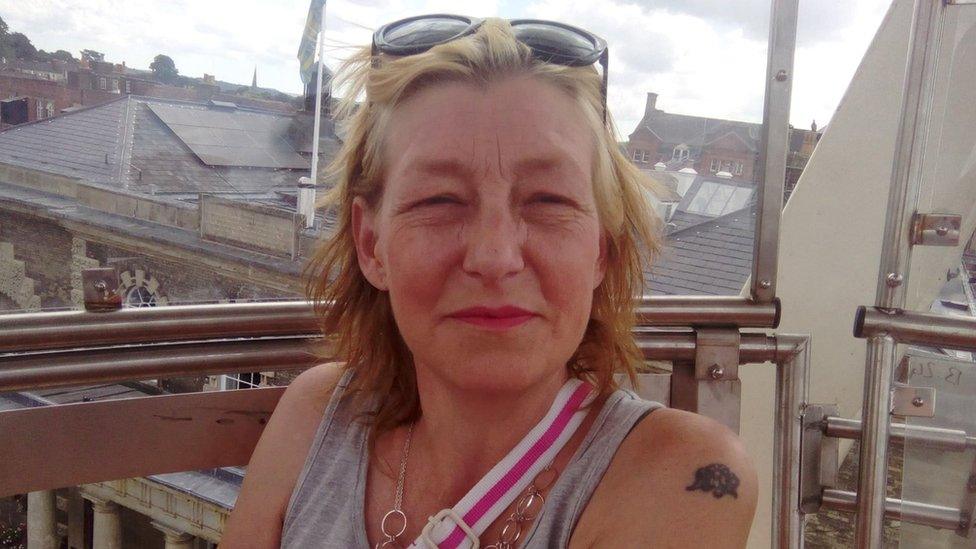
- Published1 March 2022
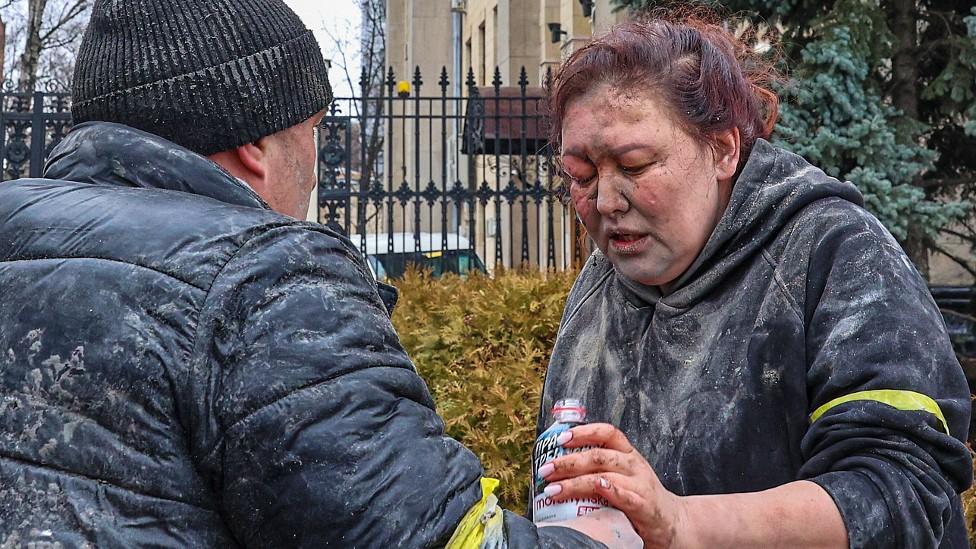
- Published18 November 2021
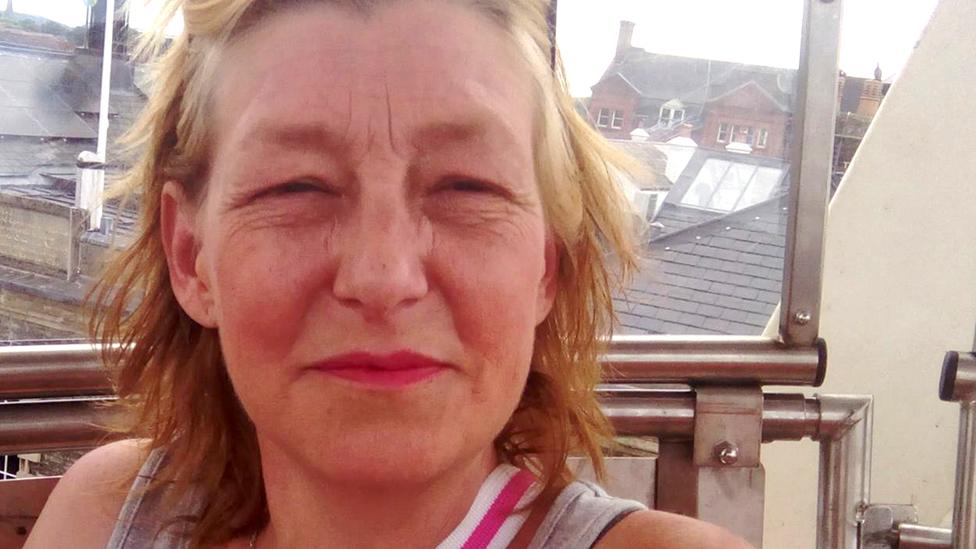
- Published23 September 2021
